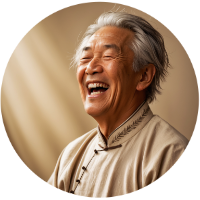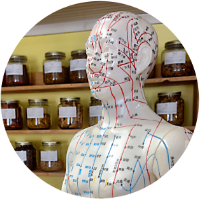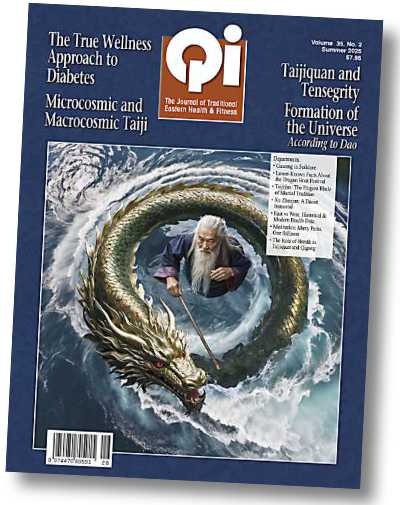"Life Is Simple—We Just Make It Complicated"
Reflections on Health, Simplicity Attributed to Confucius
生活本来很简单,是我们把它复杂化了。
Shēnghuó běnlái hěn jiǎndān, shì wǒmen bǎ tā fùzá huà le.
“Life is really simple, but we insist on making it complicated.” Whether or not Confucius actually said these words, the spirit behind them resonates across cultures and centuries. In today’s world—where even buying a loaf of bread requires navigating ingredient labels, marketing claims, and rising prices—simplicity feels almost like a luxury. Yet, from a health perspective, returning to simplicity may be one of the smartest moves we can make.
 Modern life has become tangled with choices. We’re bombarded with information, overwhelmed by schedules, and surrounded by products designed to make life “easier” that often do just the opposite. Processed foods offer speed and convenience, but often at the cost of our health. Diet trends come and go, each more complicated than the last. Wellness routines can feel like second jobs. Somewhere along the way, the basics of good health—eating well, moving daily, resting, and staying connected—have been buried beneath layers of noise.
Modern life has become tangled with choices. We’re bombarded with information, overwhelmed by schedules, and surrounded by products designed to make life “easier” that often do just the opposite. Processed foods offer speed and convenience, but often at the cost of our health. Diet trends come and go, each more complicated than the last. Wellness routines can feel like second jobs. Somewhere along the way, the basics of good health—eating well, moving daily, resting, and staying connected—have been buried beneath layers of noise.
Traditional Chinese wisdom, including that of Confucius, often urges a return to the essentials. Harmony with nature, moderation, and simplicity have long been guiding principles in yangsheng (养生), the art of nourishing life. In this tradition, health isn’t something we chase after with pills and products; it’s something we maintain through balanced living, mindfulness, and common sense.
Think of food, for example. A simple bowl of rice with seasonal vegetables and a bit of tofu or fish provides real nourishment. But in our modern diets, we often trade this simplicity for packaged meals with long ingredient lists and chemical additives. As prices rise, we might be tempted by cheaper options—but these tend to be the most highly processed and least nutritious. Ironically, many of the most affordable, whole foods, like beans, grains, and leafy greens, are also the most health-supporting.
Simplifying doesn’t mean giving things up; it means choosing what matters. It means cooking at home more often, taking time to walk instead of rushing everywhere, turning off screens and going to bed on time. It means taking a deep breath before reacting. These aren't dramatic changes, but they can have a dramatic impact.
When life feels overwhelming, the body feels it too. Stress can lead to sleep issues, digestive troubles, high blood pressure, and even chronic disease. In contrast, simplicity brings a certain rhythm back to life. When we simplify our routines, our relationships, and our diets, we create space... for rest, for clarity, for healing.
The proverb isn’t suggesting we give up modern life, but it does offer a challenge: are we making life harder than it needs to be? Is our pursuit of “more” costing us our health, our peace of mind, our time?
This doesn’t mean rejecting technology or convenience. It means being thoughtful about how we use them. It means reconnecting with what we truly value. Sometimes the healthiest choice is also the simplest: a home-cooked meal, a quiet walk, a good conversation.
As inflation rises and the world grows more complex, simplicity may turn out to be not just wise, but necessary. Confucius may not have faced supermarket shelves or digital overload, but his message still holds true. The best path forward might just be a step back.
Note: The quote “Life is really simple, but we insist on making it complicated” is often attributed to Confucius in English sources, though it does not appear in any known classical Chinese texts in that exact form. However, this fluent Chinese rendering captures the spirit of the phrase: "生活本来很简单,是我们把它复杂化了"。
Word-by-word breakdown:
- 生活 (shēnghuó) – life
- 本来 (běnlái) – originally, in its nature
- 很简单 (hěn jiǎndān) – is very simple
- 是我们 (shì wǒmen) – it is we who
- 把它 (bǎ tā) – take it / treat it
- 复杂化了 (fùzá huà le) – have complicated it









